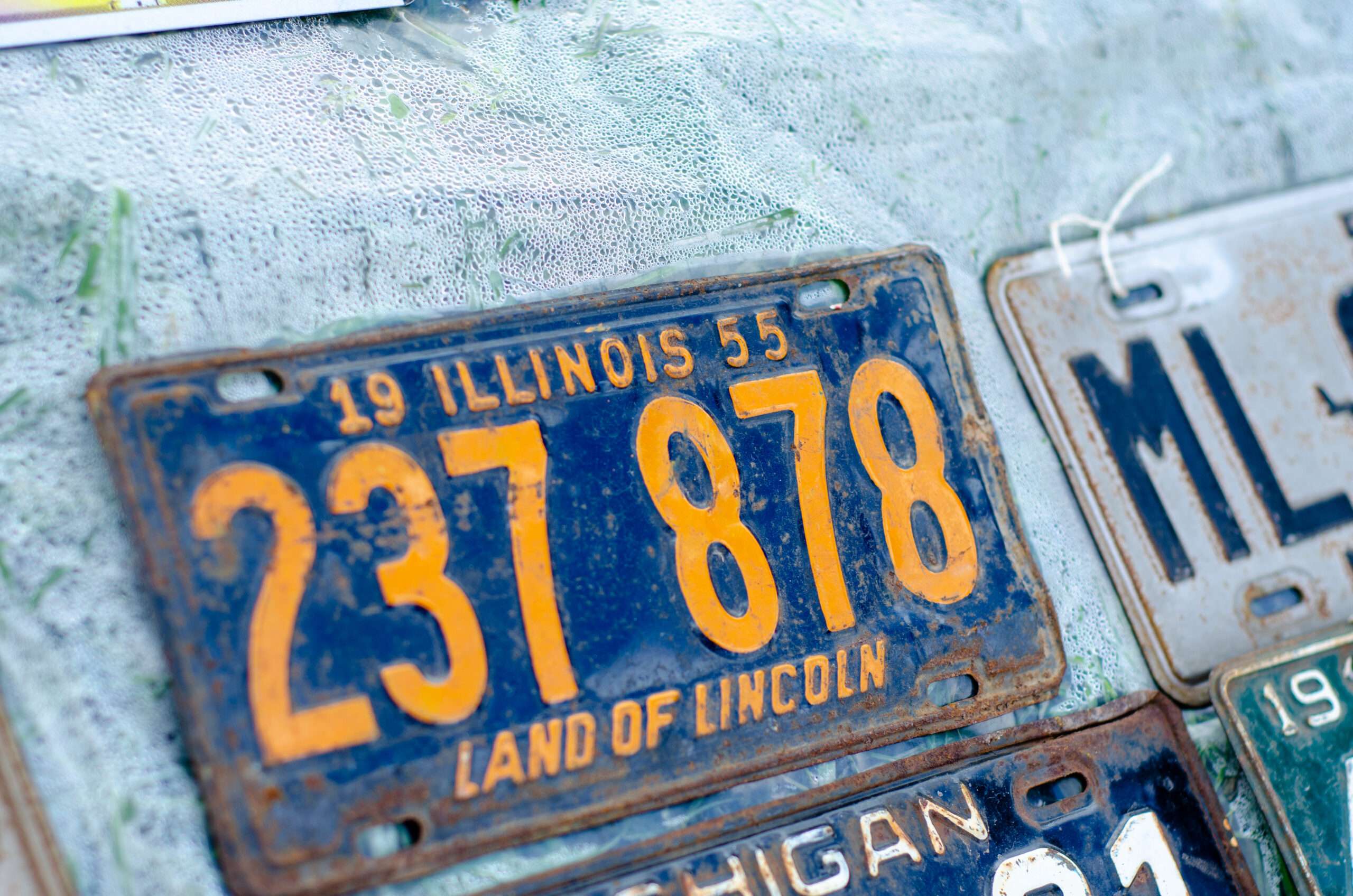Former President Donald J. Trump’s legal team vigorously opposed an attempt to restrict his public criticism of the F.B.I. agents involved in his classified documents case in Florida. The lawyers criticized the prosecutors for trying to limit Mr. Trump’s remarks before important political events, such as the presidential debate and the Republican National Convention. They argued that the motion was an infringement on Mr. Trump’s political speech rights and an attempt to silence his criticism of the investigation and prosecution.
The dispute arose when prosecutors asked the judge overseeing the case to revise Mr. Trump’s release conditions to prevent him from making statements that could endanger the agents working on the case. This request came after Mr. Trump made false claims about the F.B.I.’s actions during a search at Mar-a-Lago, where classified documents were found. Mr. Trump is facing charges related to retaining classified information illegally.
Despite the lawyers downplaying Mr. Trump’s falsehoods as mere criticism, they also raised concerns about the F.B.I.’s handling of evidence in the case. The filing by Mr. Trump’s legal team sought to link the prosecutors’ attempt to restrict his speech to the F.B.I.’s alleged failure to preserve evidence.
While Mr. Trump’s lawyers argued against the restrictions on his speech, prosecutors may face challenges in convincing the judge to impose such limitations. They have previously placed gag orders on Mr. Trump in other cases but have not attempted to do so in the documents trial until now. The lawyers highlighted the lack of evidence showing that Mr. Trump’s remarks have directly threatened the agents involved in the case.
However, Mr. Trump’s past attacks on the F.B.I. have had real-world consequences, such as an armed man attempting to attack an F.B.I. field office after Mr. Trump criticized the Mar-a-Lago search. Another incident involved a Texas man threatening an F.B.I. agent involved in a separate case. These incidents underscore the potential risks of inflammatory rhetoric against law enforcement agencies.
Overall, the legal battle over Mr. Trump’s public statements highlights the tension between free speech rights and concerns about inciting violence or endangering law enforcement officials. The outcome of this case could have broader implications for how public figures are allowed to criticize law enforcement agencies without crossing legal boundaries.





